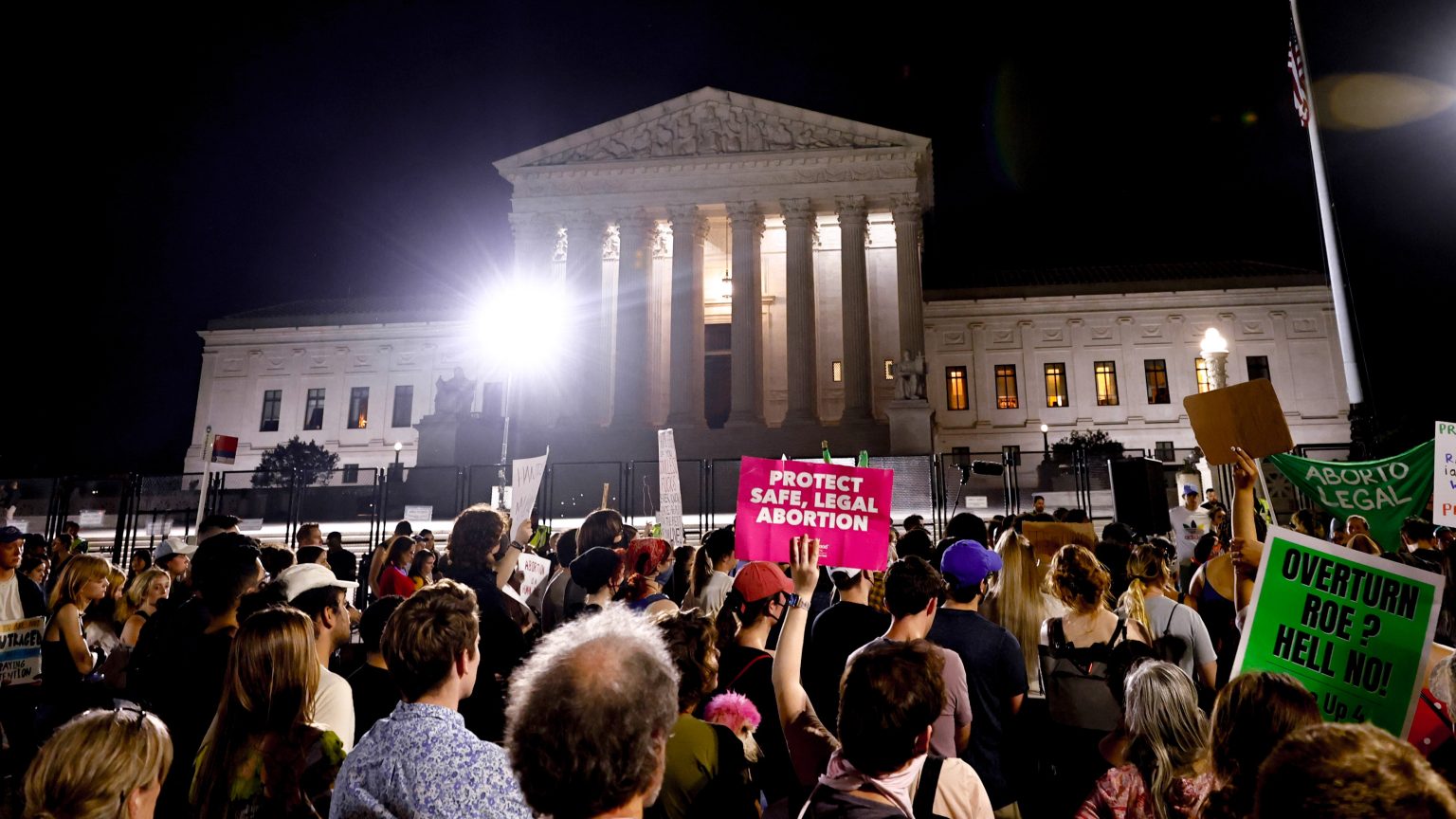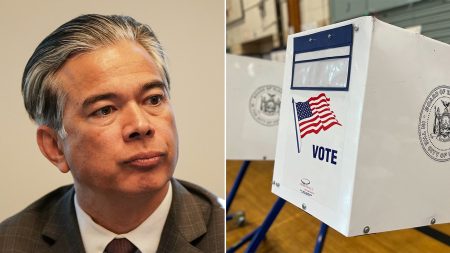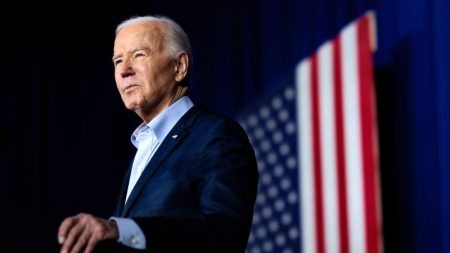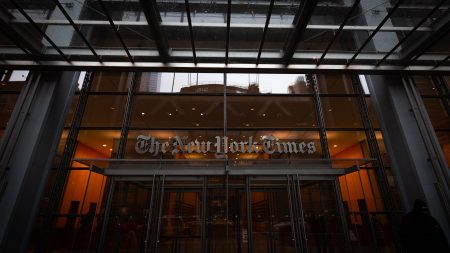The Supreme Court is set to consider a second abortion case this term, involving claims by a Republican-led state that the Biden administration is attempting to use a 40-year-old federal law as an “abortion mandate.” The case revolves around the Emergency Medical Treatment and Labor Act (EMTALA) and Idaho’s Defense of Life Act, which criminalizes performing abortions except in cases of rape, incest, or when the life of the mother is at risk. Proponents of the state law argue that the administration is trying to use federal statutes to advance an abortion agenda ahead of the 2024 elections.
Idaho Attorney General Raúl Labrador emphasized that the Supreme Court has previously made it clear that states have the authority to determine their own laws, rather than the federal government. The Justice Department contends that Idaho’s law is narrower than EMTALA, which protects patients from emergencies that seriously threaten their health in addition to imminent death. However, Idaho argues that the administration is manipulating EMTALA to push its abortion policy, and both laws should be able to coexist. The case is seen as a clash between state and federal control over abortion regulations.
The Biden administration has criticized the states that have enacted abortion bans, causing chaos and confusion for women seeking essential care. The administration maintains that hospitals must provide health and life-saving care to patients in emergencies as required by EMTALA. The administration’s stance has been met with criticism from pro-life conservatives, who view the legal challenge against Idaho’s abortion law as politically motivated. The White House continues to defend its interpretation of EMTALA and prioritize ensuring that women receive the care they need in emergency situations.
The legal challenge to Idaho’s abortion law marks the first time in the statute’s history that it has been interpreted as an “abortion mandate.” The case stems from a district court ruling in favor of the Justice Department, which issued a preliminary injunction against the state’s law. The Ninth Circuit upheld the decision, leading Idaho to appeal to the Supreme Court. Oral arguments are scheduled for April 24. The Biden administration’s use of EMTALA to impose an abortion agenda on states that disagree with federal policies has sparked controversy and legal challenges.
Critics of the Biden administration’s approach to abortion laws view it as an overreach of federal authority and an attempt to circumvent states’ rights. The administration’s strategy, they argue, is politically motivated amid concerns about its polling numbers and support ahead of the upcoming elections. President Biden’s initial acceptance of the states’ authority to regulate abortion laws contrasts with the recent legal actions taken by the administration, which pro-life activists view as an attempt to expand abortion access through executive actions and reinterpretations of long-standing laws.
The ongoing legal battle over Idaho’s abortion law represents a broader debate over the balance of power between federal and state governments in regulating reproductive rights. Pro-life advocates accuse the Biden administration of using fear tactics and political maneuvers to advance its abortion agenda, while defending states’ rights to determine their own laws. The Supreme Court’s decision in this case could have significant implications for the future of abortion regulation in the United States and the division of authority between federal and state governments in addressing reproductive health issues.















